War in Ukraine: Making Sense of a Senseless Conflict
£10.20£12.30 (-17%)
Russia’s brutal February 2022 invasion of Ukraine has attracted widespread condemnation across the West. Government and media circles present the conflict as a simple dichotomy between an evil empire and an innocent victim. In this concise, accessible and highly informative primer, Medea Benjamin and Nicolas Davies insist the picture is more complicated.
Yes, Russia’s aggression was reckless and, ultimately, indefensible. But the West’s reneging on promises to halt eastward expansion of NATO in the wake of the collapse of the Soviet Union played a major part in prompting Putin to act. So did the U.S. involvement in the 2014 Ukraine coup and Ukraine’s failure to implement the Minsk peace agreements. The result is a conflict that is increasingly difficult to resolve, one that could conceivably escalate into all-out war between the United States and Russia―the world’s two leading nuclear powers.
Skillfully bringing together the historical record and current analysis, War In Ukraine looks at the events leading up to the conflict, surveys the different parties involved, and weighs the risks of escalation and opportunities for peace. For anyone who wants to get beneath the heavily propagandized media coverage to an understanding of a war with consequences that could prove cataclysmic, reading this timely book will be an urgent necessity.
Read more
Additional information
| Publisher | OR Books (15 Nov. 2022) |
|---|---|
| Language | English |
| Paperback | 198 pages |
| ISBN-10 | 1682193713 |
| ISBN-13 | 978-1682193716 |
| Dimensions | 13.34 x 1.91 x 19.69 cm |



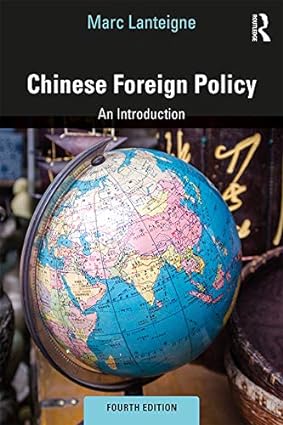

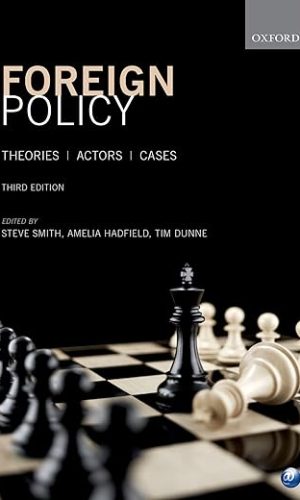
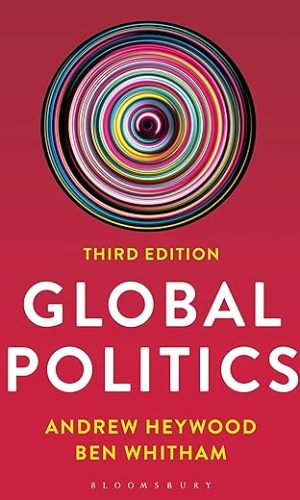
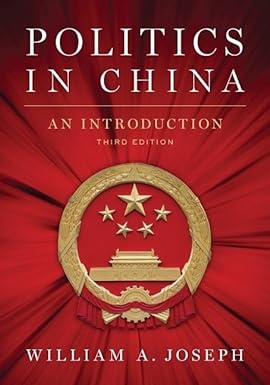

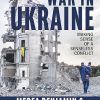
by Kerry
Author is known to be pro-putin. Even parroting russian info before the invasion in Feb 2022. If people want to know the truth – read publications from Ukrainian authors who have real experience of the invasion of 2014 and 2014.
by Tom Adams
War in Ukraine gives a comprehensive analysis of the 2022 conflict, along with its roots that originated as long ago as the late nineteen eighties and the disintegration of the Soviet Union.
It is presented as a ‘primer’ that extracts timelines of events using sources that are not restricted to the mainstream media. Of particular interest are the internal conflicts and civil war that occurred back in 2014, describing the different factions representing ethnic and political interests in Ukraine. This is particularly relevant to events in Crimea and the Donbas region.
A primer like this includes many references, and one’s willingness to accept the author’s points of view depends in large part on the authenticity of these references, together with the conclusions drawn from them.
I did check out a few of these, including NY Times links and others such as the National Security archive re. NATO expansion eastwards. The article regarding ‘What Gorbachev heard’ had to be followed through to the original source in the Ukrainian Pravda. Given that no one in the US statement has ever denied this pledge by world leaders to Gorbachev, it seemed convincing to me, but it does illustrate the fact that references often represent a chain of reporting rather than the original source.
Also checked out was the notorious Nuland-Pyatt conversation where these US players discuss possible politicians to recommend in a post-Yanukovych Ukranian govt. This, again, strongly suggests evidence of US involvement in Ukranian affairs, however you swing the context.
The veracity, tenor and accuracy of Benjamin and Davies’ references seems to check out although, as with many of these kind of links, one has to accept the possibility that they have been cherry picked. My advice would be this – research any counter claims and see if quotes and conclusions are actually denied. In the cases I’ve quoted, they are not. The US State dept. hasn’t issued any challenge over the Nuland-Pyatt conversation, for example, other than that the leak is from Russian sources (as if that in itself somehow draws doubt as to whether it is true or not.)
‘War in Ukraine’ is a cogent narrative that builds an alternative picture to the generally received ‘Putin bad/Zelensky good’ narrative. I’m aware that the authors have been accused (in an ad hominem manner) of producing a left-wing, communist piece of propaganda. To this I say, they may be of a socialist persuasion but that doesn’t mean that the arguments they present are not valid, especially when commentary on the Ukrainian situation from mainstream media relies on reports and opinions from ex-military personnel and right wing government spokespeople.
Other sections of the primer I found useful included the analysis and criticism of NATO’s involvement in European and wider global military interventions, together with a treatment of both Minsk agreements and why Minsk 2 broke down.
In conclusion, War in Ukraine is indispensable source material for challenging orthodox viewpoints and making a case for a peaceful negotiated settlement. It is also helpful for those who wouldn’t normally agree with this kind of standpoint. At least you will know the various facets of argument which are presented to advocate for a de-militarisation of the conflict.
by Thomas D.
At last a book that tells the truth. From the dissolution of the USSR to the ill-treatment of the fledgling Russian Republic. (What happened to being magnanimous in victory?) After the alcoholic Yeltsin ceded power, his prodigy Putin dragged Russia back from the brink, to take it’s place in the world. Much to the chagrin of the USA, it’s world hegemony being challenged?? This book then takes you through the USA’s machinations to try and keep Russia a compliant country, bending to it’s will. All the while training and arming the Ukrainian Armed Forces, just in case Russia rebelled. It did, now it’s got a war of their own making.
by David
I could go through this book line by line pointing out every unsourced and dishonest claim, but I think we can just focus on one:
“As anti-coup protests spread across the east and south of the country, the Crimean parliament announced a referendum on the region’s future and sacked the regional administration. When the results were announced on March 16, almost 97 percent (of an 81 percent turnout) had voted to secede from Ukraine and reintegrate with Russia, an even greater majority than in 1991.”
No mention is made of Russia’s occupation of Crimea and installation of a new leader prior to this referendum. Even if you believe the referendum was legitimate, not mentioning the circumstances surrounding it shows it extent of the writer’s dishonesty.
by Martin Roberts
This book means well but authors sitting half a world away from a war obviously cannot expect to make much sense of it. What they can do, and have done, is to criticise the U.S.’s role in events leading up to the war since NATO’s ill-advised eastward expansion in the 1990s. The trouble is that they assume the USA has made all the running, which smacks of American exceptionalism, I’m afraid, and we see no such examination (or even mention) of essential precedents on Russia’s side, such as its war on Chechnya.
The most glaring omission by the authors is any attempt to put themselves in the shoes of Ukrainians suffering terribly, or to consider what those most affected actually want and what on earth they are supposed to do, under the circumstances.
The authors are also in the habit of making assertions which are moot points at best, and without a scrap of first-hand knowledge, such as that the change of government in 2014 was a far-right coup, or that eastern regions attempting to secede from Ukraine are engaged in a civil war i.e. with no Russian intervention.
Perhaps their most contentious assertion is that Ukraine posed an existential threat to Russia, rather than the other way round.
There is no substitute for on-the-spot reporting and thoughtful consideration of it. To understand how the Kremlin has made war and why, and what that tells us about how Russia is governed, you need to read Anna Politkovskaya; to understand what it is like to live next door to Russia, you need to read Erika Fatland.
by Amazon Customer
If you want to know the truth about the war in Ukraine turn off msm and buy this book which reveals the dirty, sordid and frankly shocking truth about who really stands to benefit.
After reading this I completely changed my viewpoint.
by Shazia
Remarkable read..gives details account of the facts/ realities of the situation.. very well written, simple and concise.. great book
by ian parker
Excellent